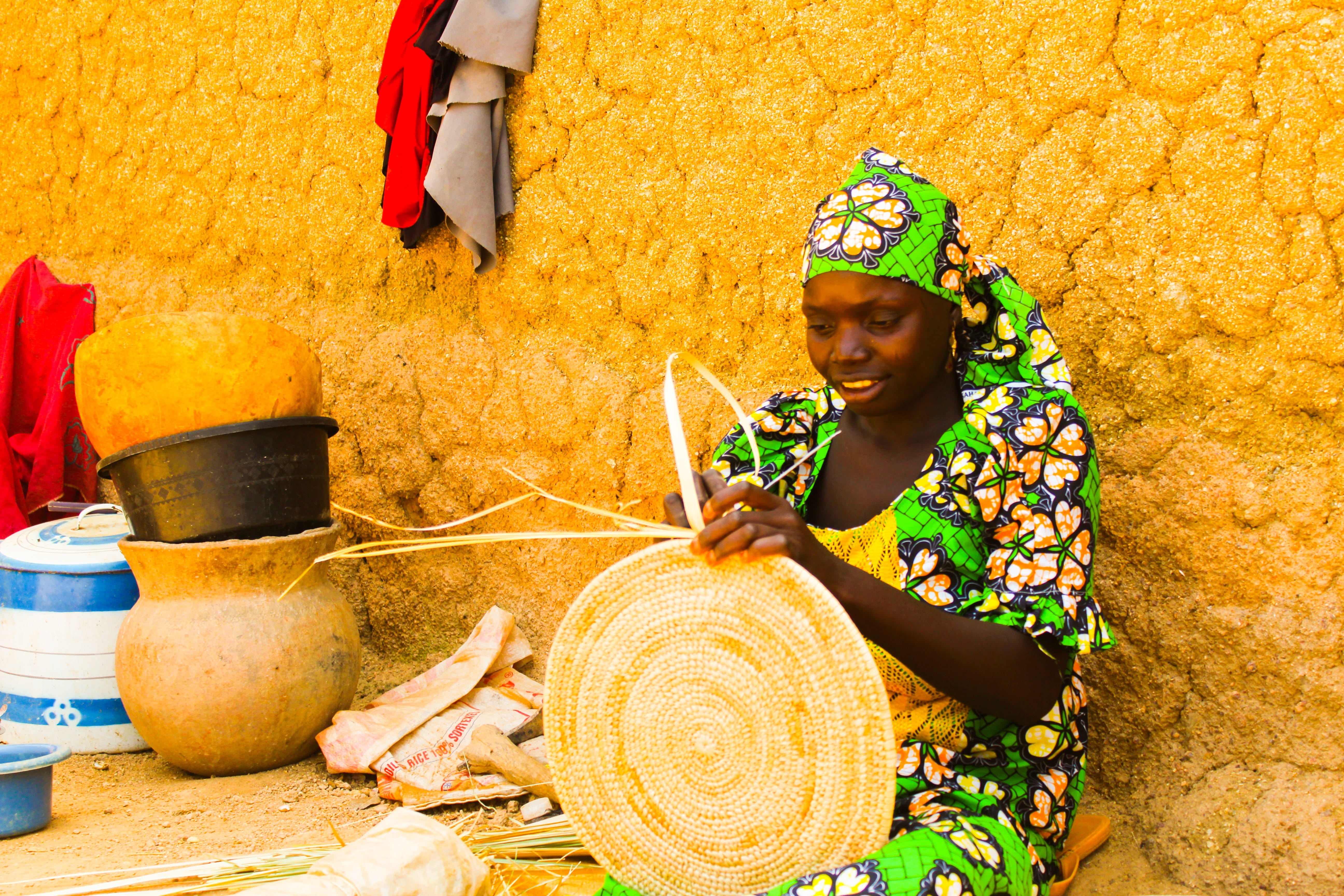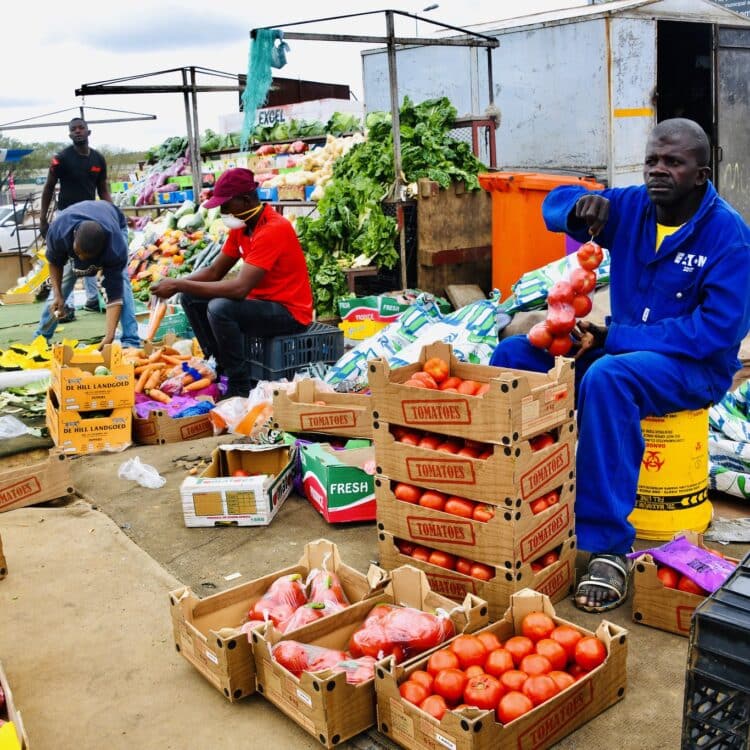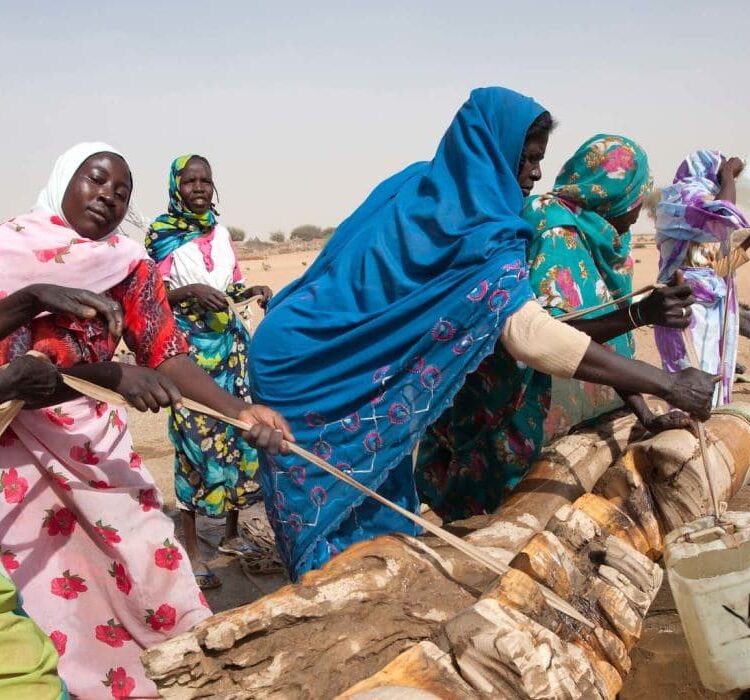 Nnaemeka Ugochukwu via UNSPLASH
Nnaemeka Ugochukwu via UNSPLASH
Law and Informality Insights No.2
The COVID-19 pandemic could be a turning point for the recognition of informal work. Have lawmakers recognized informal workers as they address the immediate challenges that the crisis presents? If so, there is an opportunity for a step to be taken towards labour and social protection for informal workers. Or are lawmakers ignoring informal workers and therefore perpetuating existing patterns of exclusion? This edition of Law and Informality Insights [by WIEGO] analyses the COVID-19 laws with an informal worker lens, with a particular focus on domestic workers and street vendors and an in-depth look at social protection policies.
Highlights of the report
- The scope of the COVID-19 laws is largely limited to paid employees who have an indefinite employment contract and work in conventional workplaces, like factories and shops. Most street vendors are excluded because they are self-employed. Domestic workers work in private homes, which often results in their exclusion from the definition of an employee.
- The work of the vast majority of informal workers, including most informal traders and domestic workers, is not deemed essential and, therefore, they are unable to work. Even informal traders and domestic workers who are designated essential, face the prospect of reduced earnings due to transport and travel restrictions, restrictions on trading times, reduced consumer spending, failure to obtain necessary permits and licenses, and, in the case of domestic workers, their employers’ inability or unwillingness to pay their wages.
Domestic workers
- Only 8 out of the 51 countries [and just one country, South Africa, in the African region] surveyed designate domestic workers as an essential service. Live-out domestic work is prohibited in almost 85 per cent of the surveyed countries.
- The international Domestic Workers Federation (IDWF) reports widespread job losses amongst live-out domestic workers across the three regions. The limited recognition of domestic workers means that live-in domestic workers who were not at work when the lockdown started, would find it difficult to return to work. In the case of migrant domestic workers who returned to their home countries, host governments have refused to allow them to return to work.
Informal food vendors
- Informal traders operate in three distinct places of work: in markets, on streets and from their own homes. Of the countries that designate informal food vending as an essential service, only South Africa expressly recognized all three categories of informal food trade as an essential service. Eswatini and Zimbabwe recognize informal food vending more generally. Market trading is most widely recognized as an essential service, followed by street vending and trading in private homes.
- Several countries expressly prohibit informal trade, particularly on streets and in markets. In other countries, the laws implicitly exclude informal traders by listing registered retail outlets, such as supermarkets, as essential services. It is worth noting that African countries have been most explicit in its provisions about informal trade, compared to the other regions.
- It is worth noting that six of the countries that recognize informal food trade as an essential service (Botswana, Eswatini, Kenya, Namibia, South Africa and Zimbabwe) initially excluded informal food vendors from their essential service provisions. Their later inclusion suggests that the authorities realized their significant role in food security. In South Africa and Zimbabwe, this was due to pressure from informal trader organizations and their allies.
Social Protection
- Most of the 51 countries surveyed have introduced universal and targeted interventions to provide cash, food, and health care measures that have reached informal workers to differing degrees. These relief measures are funded primarily by government funds and national social security funds. Their modalities for the delivery of social assistance include: providing universal benefits to the entire population; excluding formal workers and those who are registered on social insurance and social assistance schemes (‘targeting out’); and directly targeting informal workers (‘targeting in’).
- Many of the 51 countries surveyed introduced additional non-social protection relief measures, including measures to control the prices of essential goods, to provided free or subsidized access to water and electricity services, to suspend evictions for non-payment of rent, and to provide free shelter and food for migrant labourers unable to return to their home.
Conclusions
- On the whole, the COVID-19 laws in the 51 countries under review recognize and address the specific issues of informal workers to a limited extent. This mirrors the position under labour and social protection laws that largely exclude these workers from the scope of their protection.
- Informal workers have used COVID-19 to show that the continued exclusion of informal workers is unsustainable, and to demand meaningful change. On the 1st of May, the International Domestic Workers Federation (which has 74 affiliates in 57 countries), StreetNet (which has affiliates in 53 countries), five Regional Home-base worker Organizations and the Global Alliance of Waste Pickers issued a Global Solidarity Platform. This platform calls on governments to include informal worker organizations in decision-making, both now and in post-COVID-19 reconstruction, and it calls for economic transformation at both national and global levels.
Image source: Nnaemeka Ugochukwu via UNSPLASH
This information is extracted from the report by WIEGO published in August 2020. Access the full report by clicking the download button to the right, or here on the WIEGO website.

